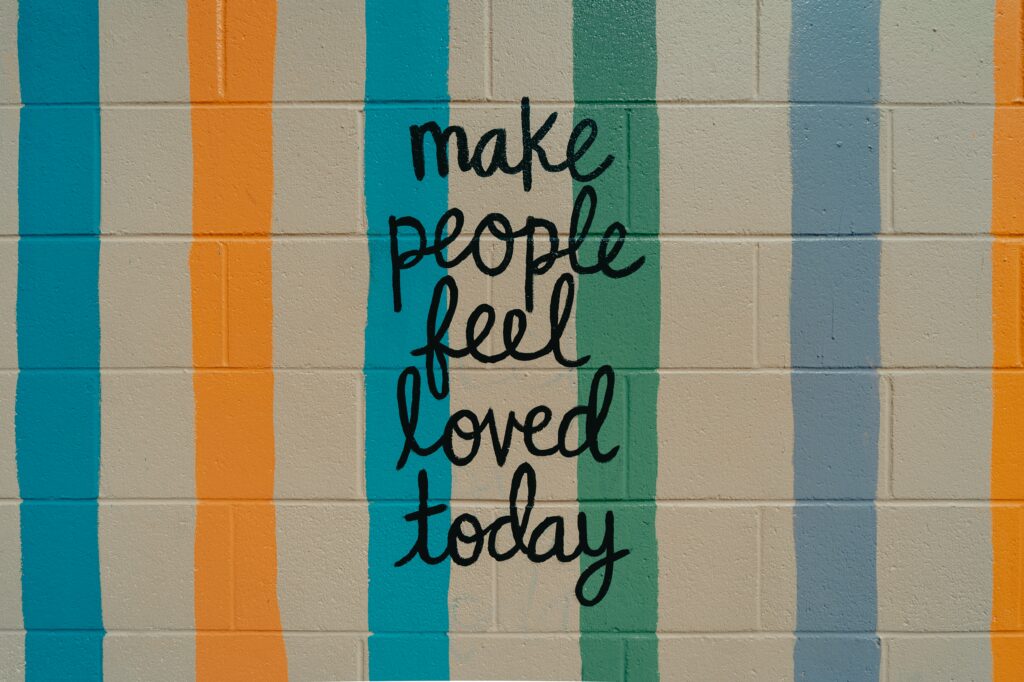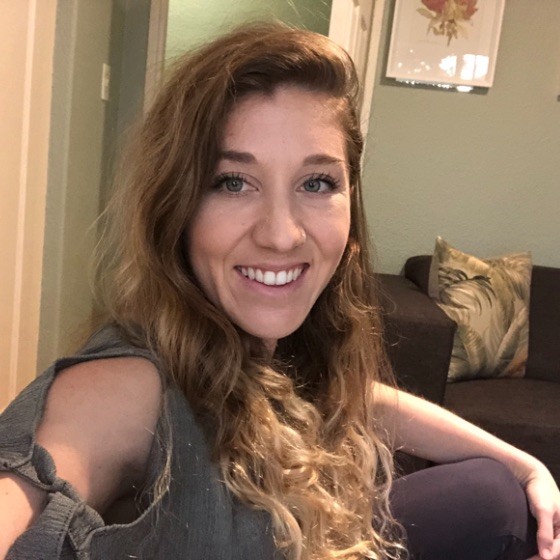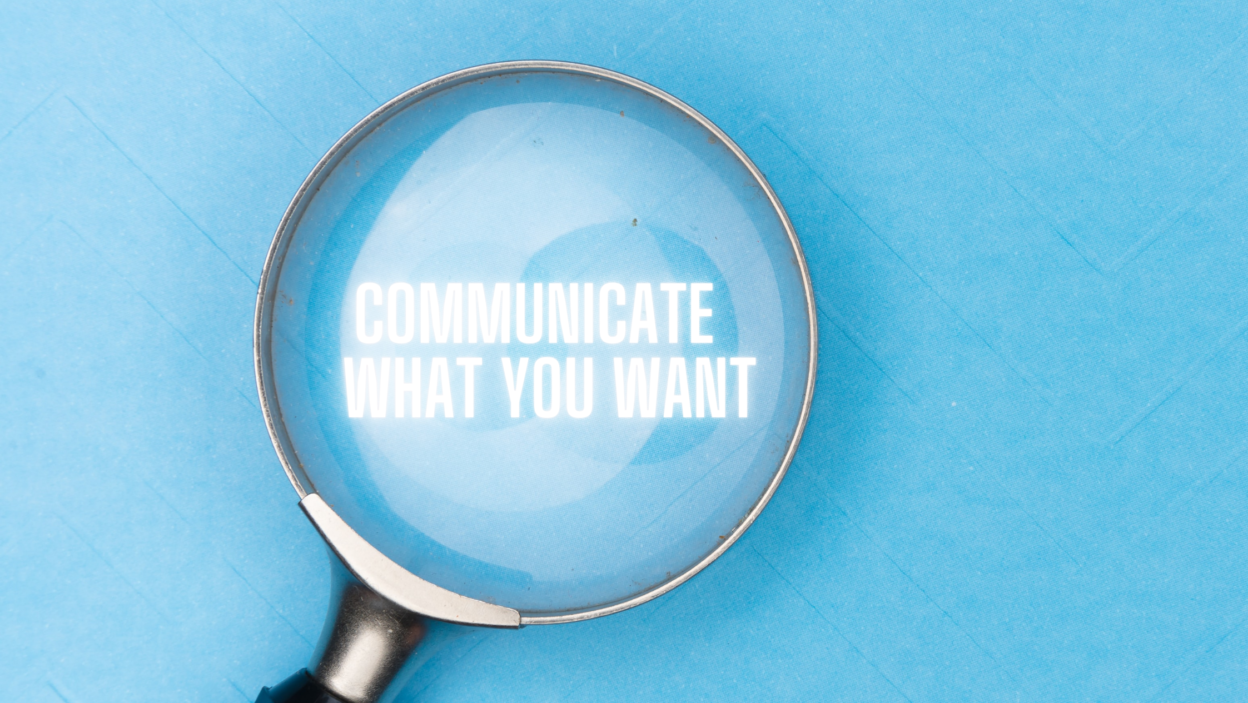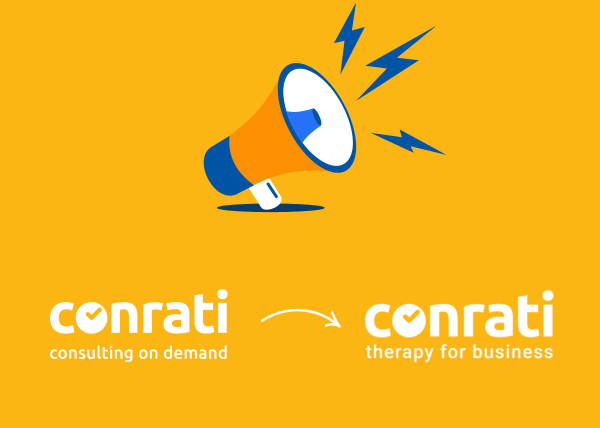It is likely that we were all brought up with at least some discussion around saying please, but have you ever thought about what this looks like in the interactional dynamic? Expression of needs is a crucial interactional exchange that is often ineffectively executed. This is because it is not only important that we express our needs, but it is also exceptionally important HOW we express our needs.

The HOW of effective expression of needs will be tackled in a blog to come, so let’s take a look at WHAT expression of needs is all about.
Expressing your needs
There is always an exchange between needs and capacity in any interaction. Needs being the things that we are needing either physically, emotionally, relationally, financially, etc. Capacity is the extent to which we can meet another’s need. Needs and capacity are the money of relationships, it’s how we trade and exchange. For example, if someone had to say to me “Ashleigh, I need R10000”, that would be an expression of their need. My response would be “John, I would love to give you R10000 but I only have R3000”, and that would be an expression of my capacity. What I find to be the two most common hindrances around our understanding of needs and capacity are first, that we expect people to know what they are and secondly, that we misunderstand capacity as rejection.
Knowing what you want
Firstly, the thing about expressing our needs and capacities is that no one can know exactly what they are without us expressing them. We can only ever be responsible for what we know for sure. Therefore, each person can only ever be responsible for expressing their own needs and capacities because we are the only ones who are certain of what they are. Someone may try to guess what they are, but it will only ever be just that, a guess. When we express our needs, we are holding up a bullseye and showing the other person exactly where to aim, knowing that if they hit the bullseye, I win too.
A very common argument for this way of thinking is “Yes, but surely my partner should know what I need by now, I’ve told him hundreds of times that my love language is acts of service”. While this is an understandable argument, I find that it is somewhat misplaced as the Love Languages have more to do with how we confirm others and less to do with our needs. My friend and clinical psychologist, Jeanie Cave, clearly differentiates this by explaining that the love languages (by Gary Chapman) are a way of saying ‘thank you’ as opposed to a way of saying ‘please’.
I like to highlight this point with an example from my own life. When it comes to the Love Languages, I am a “words of affirmation” person. However, amid a busy week where I am barely touching sides, I don’t need my husband to tell me how proud he is of me, I need him to put a load of laundry in the washing machine and tell me that he’s taken care of dinner. Now, if I never communicate this to my husband he will pour out the words of affirmation thinking that he is on the road to winning the husband-of-the-year award and we can all see how this could end in frustration (for both of us!).
Our needs (and thus the bullseye) are constantly changing, and we have to be the ones to let our people know where it is. When we don’t communicate the whereabouts of the bullseye, it’s as if we hide the bullseye away but still expect the other person to hit it.
Reaching capacity
Secondly, we have been socialised to think that communicating our capacity is rude and thus we have come to think of stating our capacity as communicating rejection. This has proved problematic for those who are receiving the communicated capacity, but also for those attempting to communicate their capacity.
We often are reluctant to communicate our capacity for fear of being perceived as rejecting. Sticking to the money analogy used earlier, when we do this we run the risk of going into emotional debt. Constantly giving past what is within our capacity to give, leaving us emotionally in the red (sometimes quite literally). This is, of course, not an excuse to never compromise and meet the needs of those around you but it is important to be managing your internal resources wisely.

From what has been unpacked, it is clear to see why this topic is so fundamental in our relationships. When we understand the need-capacity exchange, take appropriate responsibility in this regard by communicating what is ours to communicate and start to untangle the concepts of capacity and rejection from one another, we can manoeuvre for more satisfaction in relationships of all kinds.

Ashleigh Yaman is a Counselling Psychologist who is passionate about facilitating satisfaction and wellness in relationships, whether it be in relationships with others, or in ones relationships with oneself. She provides individual therapy to children, adolescents and adults; couples therapy; family therapy and; parental guidance therapy.









One Reply to Saying please: looking at the WHAT
Why your child should have a tutor
Psychology and its facets
Conrati nominated as a Top Environmental Consulting Company by Futurology
What is trauma?
How to boost 8 different forms of health
Conrati nominated as a Top Environmental Consulting Company by Futurology
How social media affects mental health
Understanding Bipolar Disorder